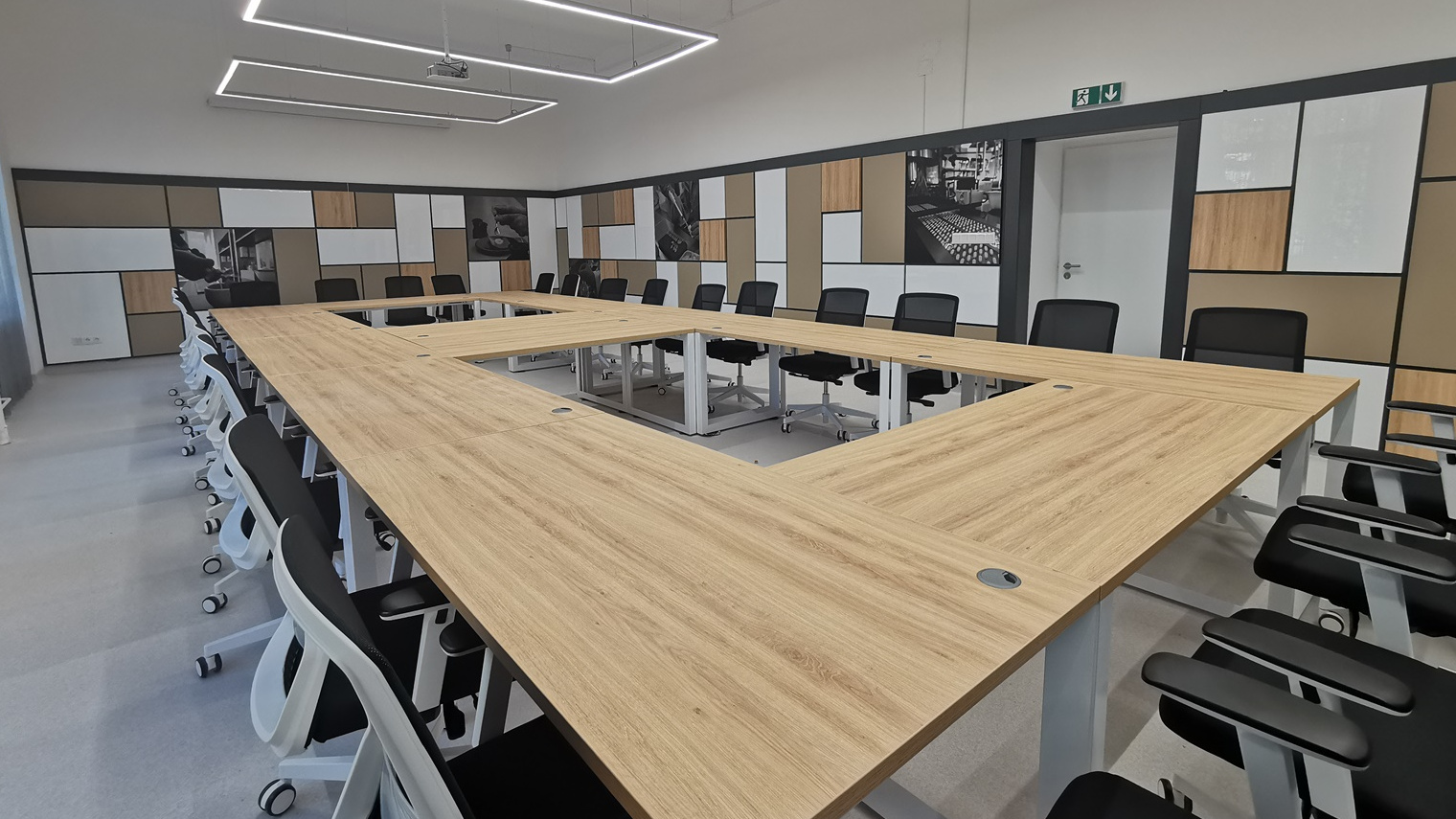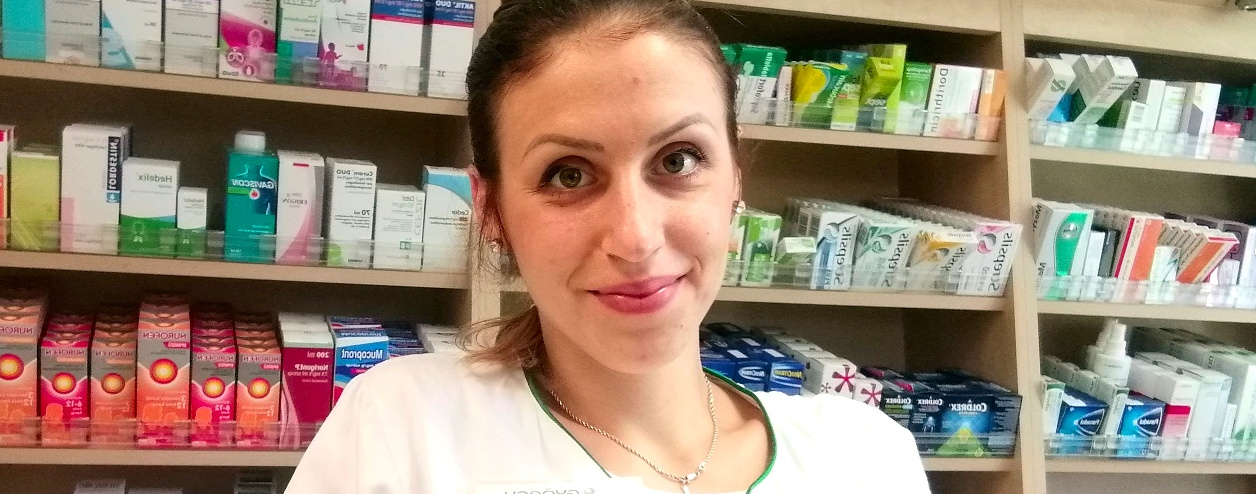News
Learning support mentoring programmes of the University of Pécs Faculty of Pharmacy
Wednesday, 28 April, 2021
Becoming a university student is a huge change after high school, not just in terms of curriculum: it requires new time management, new learning methodology, not to mention the acclimatisation to a new life situation, possibly cultural shock if, for example, someone comes from another country, from a different educational background. Student dropout is an inherent feature of the changed circumstances and requirements. To reduce this, the UP Faculty of Pharmacy has mentoring programmes in the Hungarian and English trainings with the involvement of teachers and students. In addition to subject-focused assistance, students are also being motivated, they always have someone to turn to for advice and experience. Based on their feedback, the students welcomed the opportunity, the success of which was also reflected in the successfully passed exams.
Written by Viktor Harta
The faculty mentoring programmes were launched at the University of Pécs in September 2018 on the initiative of the university. The aim of these programmes is to thematise, focus on the student’s problems, and then help students by taking these aspects into account. With the help of the appropriate mentoring programme and the mentors participating in it, the student receives a student service that pays special attention and energy to problem solving and which everyone receives equally. The aim is to provide students with the comfort, cosiness, appropriate study support tools and methods defined by student well-being.
Students are addressed through mentoring programmes in the English and Hungarian trainings of the UP Faculty of Pharmacy as well, in which both teachers and students have been involved on the supporting side. The support of the participants in the faculty’s Hungarian training in the frame of the mentoring programme started in 2018 under the coordination of the Directorate for Education, while the "Learning Support Program" addressing the students of the English programme started in September 2020 on the initiative of the faculty. The aim of the latter was to reduce the rate of exam failure in subjects with a high dropout rate, which are considered critical in the case of foreign students receiving English education. In addition, the programme was expected to help increase the students’ motivation and strengthen their communication and social skills. As it is a smaller faculty, they can address student needs in a highly targeted manner, focus on recognising needs in the mentoring programme that works as a gap filler.
"We had the idea to create a learning support and also motivating English mentoring programme "

According to Gergely Jánosa, consultations with other faculties and surveys have shown that students are the most unmotivated especially in the first and third semesters when the deadlock is the deepest, they do not know what to do next. They are in dire need of support during this period. To find out what courses to focus on, they looked at which subjects in the given curriculum network have a high dropout rate. Senior Hungarian students were then asked for these subjects, who were chosen, in addition to their knowledge of English, based on the grade they received when completing the course.
Five students were selected during the mentor selection, one mentor focused on one student to ensure success. Mentees were approached specifically in the frame of the programme, outlining opportunities for them and that based on their performance so far, it seems that they need support. As Gergely Jánosa put it, the goal was to look for senior English students who had already failed an exam of the given subject at least once, in addition, it is possible that it is only this subject that hinders their progress.
The mentor prepared from the subject he/she undertook, in the present situation he/she contacted his mentee online on a weekly basis. There were mentor students who summarised the material of the class by making abbreviated lectures in a shorter, more understandable, more receptive form. The main goal was to pass on the experience and useful tips so that the student could feel that someone else had struggled with the subject that was difficult for him/her too and could do it, so he/she would succeed too.
Gergely Jánosa emphasised that the mentors provided help mainly in connection with the given subject, but the mentees could also count on their help to integrate into the new learning environment. There was constant communication between the mentor and the mentee, which also formed community relations, and in fact, after the student had completed the supported subject, the mentor helped with other courses as well. The legitimacy of the programme is shown by the fact that 80% of students in the English programme who needed the help of mentors successfully passed the subject they considered critical.

Based on their feedback, the mentees were pleased to have been offered the opportunity. Some reported that they would have been forced to continue their studies elsewhere without help, others emphasised that their hands were constantly “held” as if they had a permanent learning partner. They noted that mentor students were always kind and supportive, answered questions quickly, plus helped them with sample questions with which they could better prepare for exams. “I really liked the programme, if it starts again, I would be happy to participate in it” - one of them wrote. Gergely Jánosa said that one of the mentors indicated that he/she could be expected to continue mentoring and would be happy to deal with more students as well.
In the light of the feedback and the positive results, it is planned to expand the mentoring programme in the English training of the UP Faculty of Pharmacy in the future. The results show that the programme effectively helps increase student motivation, which has a positive effect on the students’ academic as well as social skills, reducing the chance of early school leaving. The declining dropout rate results in more senior students and, through this, a higher number of graduates.
"The goal is to have a teaching mentor in all our departments and institutes who can be approached with confidence"

“The programme helps incoming first-year students to integrate, navigate and stay at the university, and in the case of seniors, it provides support for high-risk subjects for those who need it based on their results” - explained Dr. Péter Vajda assistant professor, senior teaching mentor. As he said, they help pharmacy students in student and teacher cooperation, with mentors taking on the task on a voluntary basis.
“Students, especially newcomers, find it difficult to turn to teachers with questions, find it difficult to open up, and they associate needing advice with a kind of bad feeling. I got involved in mentoring because I am closer to the students’ age, thanks to which they may approach more boldly” - continued Péter Vajda. As he said, sometimes it is not the acquisition of the curriculum that is the biggest problem but the scheduling: how to organise the exam period, what exams to take, how much time to spend on each exam. The mentoring programme aims to help students with this, but most importantly with the fact that if they experience failures, they should not give up and that they know where to turn for support.
Students get in touch with student mentors first. Péter Vajda said that according to the experience so far, the request for help is not typical in the first few weeks but as the exam period is coming up, the interest increases. “Mostly individual requests are typical, if a student contacts us, we will provide personalised help. Experience shows that the programme has a raison d’être, those students we have dealt with so far have successfully passed the exams” - he added.
Students are told about the mentoring programme at the beginning of the first classes, and they are regularly informed on the programme's Facebook page. In addition to the individual requests already mentioned, students are also invited to announced events, such as a learning methodology and time management workshop.
Péter Vajda said that they have started expanding the programme by involving departments and institutes. As he said, this is necessary to make sure it does not happen that a student does not want to participate in the mentoring programme because he/she has a problem with a subject that is not taught by the mentors involved in the programme. “The goal is to have a teaching mentor in all our departments and institutes who can be approached with confidence” - he added.


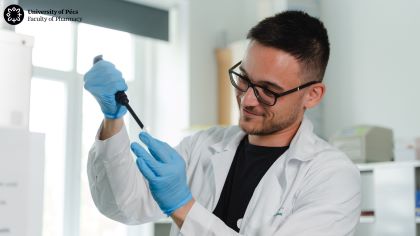
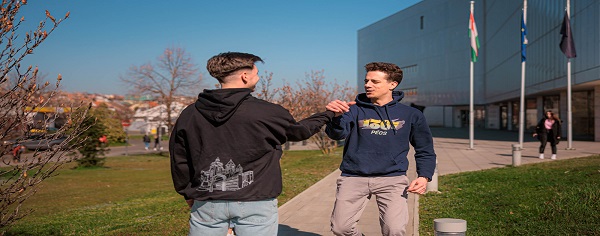
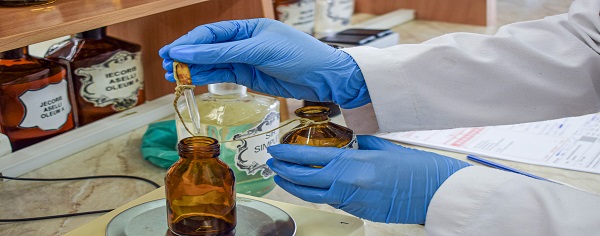


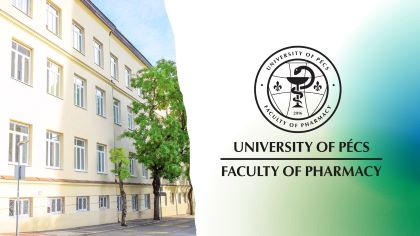
jpg.jpg)
